The importance of skin health cannot be understated. In addition to being integral to our physical appearance, it’s a first line of defense against unwanted bacteria or other elements. Most of us yearn to have skin with a healthy glow. Unfortunately, conditions such as allergic dermatitis get in the way of achieving this goal. Fortunately, products like Divi’s Scalp Serum can address the symptoms of allergic dermatitis.
What Is Dermatitis?
Dermatitis is the technical term used to describe skin inflammation or irritation. Contact dermatitis is a reaction that causes an uncomfortable or, in some cases, itchy skin rash. As you may have guessed, contact dermatitis happens through physical contact with an irritant or allergen.
Should You Worry About Dermatitis?
Since we're constantly facing potential allergens and irritants daily, contact dermatitis is quite common. If your skin is sensitive or has a chronic skin problem such as atopic dermatitis, you're more likely to experience contact dermatitis.
Luckily, contact dermatitis typically doesn't cause any serious harm to your body, but it shouldn't be ignored as it can become more serious. In severe cases, allergic contact dermatitis can overlap with a life-threatening allergic reaction known as anaphylaxis. This condition causes the airways to close and swell. If you suspect you are experiencing anaphylaxis, call 911 immediately.
Who Gets Contact Dermatitis?
Irritant reactions can happen after either just one exposure or multiple exposures. With contact dermatitis, people in specific professions tend to be more prone to getting it due to the nature of their work.
People in the following professions are more likely to experience repeated exposure to potential irritants and allergens and develop contact dermatitis:
- Artists
- Food industry workers
- Janitors
- Construction workers
- Hair stylists
- Mechanics
- Plumbers
- Florists
The types of Contact Dermatitis
There are two types of contact dermatitis: allergic contact dermatitis and irritant contact dermatitis.
Allergic Contact Dermatitis
Your body does not want allergens. As a result, your body's immune system will produce an unusually robust allergic response to fight off something that would generally be harmless to the body. Allergic contact dermatitis is your skin's reaction to coming into contact with an allergen.
Common allergens include botanicals, fragrances, jewelry metals, makeup products, and preservatives. Poison ivy is one of the top causes of allergic contact dermatitis.
Irritant Contact Dermatitis
Sometimes referred to as occupational contact dermatitis, irritant contact dermatitis is a painful rash that develops after your skin comes into contact with irritating substances. Irritant contact dermatitis tends to occur more frequently than allergic contact dermatitis. The inflammation that develops with irritant contact dermatitis is likely more painful than itchy.
Irritant contact dermatitis is caused by repeated exposure to common irritants such as acids, harsh soaps, hair dyes, body fluids, some plants, paints and alkalis like drain cleaners.
Symptoms Of Contact Dermatitis
Here are some of the most telling signs that you have contact dermatitis. It's typically a skin rash that feels or appears:
- Itchy
- Painful
- Red
- Stinging
- Swollen or hive-like
- Blistering
- Burning
- Flaky
- Scaling

How Is Allergic Contact Dermatitis Diagnosed?
Regardless of whether you have irritant or allergic contact dermatitis, a clinical examination is always the best way to accurately determine the cause and severity.
After coming into contact with a suspect irritant or allergen such as poison ivy, avoid the agent for as long as possible to see if your itchy rash subsides. If you can't avoid it, you may require a more thorough diagnostic test.
With allergic contact dermatitis, the go-to method of diagnosis is patch testing, which requires putting adhesive patches on your skin. The patches used for the test contain chemicals known to cause allergic reactions. Your healthcare provider will then check your skin for an allergic reaction after 48 hours and then again after another 48-96 hours.
There isn't a specific test for irritant contact dermatitis. Still, a certified healthcare provider might be able to identify what is causing your itchy rash based on the agents you're exposed to regularly.
Treating And Managing Contact Dermatitis
Treatment for irritant and allergic contact dermatitis is the same. Treatment may not show instantaneous results, and it may take several weeks for a rash to disappear. Here's what you can do:
- Divi's hair care products – Divi’s Scalp Serum contains green tea extract, which can have anti-inflammatory effects without potential side effects. The eucalyptus oil we use can also help reduce allergic reactions.
- Topical steroids – A doctor may prescribe immunosuppressive medications such as hydrocortisone cream.
- Oral steroids – In cases whereby rashes do not respond positively to treatments such as antihistamines, doctors can prescribe oral medication, such as Prednisone, to relieve rash symptoms.
- Avoidance – The best way to prevent contact dermatitis is by figuring out what is causing it in the first place. Once you identify the offending agent, make a reasonable effort to avoid it or minimize exposure. If the nature of your work doesn't allow this, then consider investing in rubber gloves or applying barrier cream to add a protective layer to your skin.
Complications of Allergic Contact Dermatitis
Allergic contact dermatitis is what is known as a type IV hypersensitivity reaction. These reactions can take several days to develop and are caused by different immunologic mechanisms.
What Does Getting Contact Dermatitis Mean?
The pain, itchy rash and psychosocial consequences of contact dermatitis can impact your quality of life. Despite this, contact dermatitis is manageable.
If you've had allergic reactions to a substance before, you will usually have a similar, if not the same, reaction every time you're exposed to the substance. The best way to prevent further flare-ups is to avoid the substance causing the reactions altogether.
For example, avoid areas with poison ivy if you're fond of camping or hiking. Poison ivy can cause a mild to severe rash to either appear immediately or 1-2 days after contact. If you develop a poison ivy rash, avoid scratching and treat it with either rubbing alcohol, a topical ointment or an oral antihistamine.
If you suffer from a condition such as eczema, then you can leverage resources from trustworthy organizations such as the National Eczema Association to better shape your understanding of the condition while finding out ways to prevent it from impacting your life.
How to Prevent Contact Dermatitis
Avoidance isn't always easy or possible, so you can prevent contact dermatitis by doing the following:
- Use soaps and cleaners that are mild and free of both fragrances and dyes.
- Purchase fragrance-free moisturizers.
- Practice frequent hand-washing and wash your hands as soon as you come into direct contact with a known allergen or irritant.
When to See A Healthcare Provider
If you've tried the methods listed above but are still developing contact dermatitis, it may be time to see a doctor. Here are some other circumstances under which it's advisable to seek medical attention:
- When your skin rash starts to blister
- If it hurts to touch your rash
- If your rash constantly itches
- When your rash goes away but returns
- If your rash looks infected
- If it doesn't go away within a week of being treated
Note that the speed at which people heal from contact dermatitis can vary from person to person.
How Divi Can Help
Divi has created a range of hair care products designed to help those with a range of skin and scalp issues, such as contact dermatitis. Divi's Scalp Serum is made with science-backed, clean ingredients able to help soothe contact dermatitis on the scalp.
Botanicals such as tea tree oil and peppermint oil have natural soothing capabilities, while the potent blend of amino acids can help heal some of the unwanted symptoms of contact dermatitis. Our lineup of synthetic fragrance-free, cruelty-free Scalp Serum, Shampoo & Conditioner is the perfect set of products for those with sensitive skin.









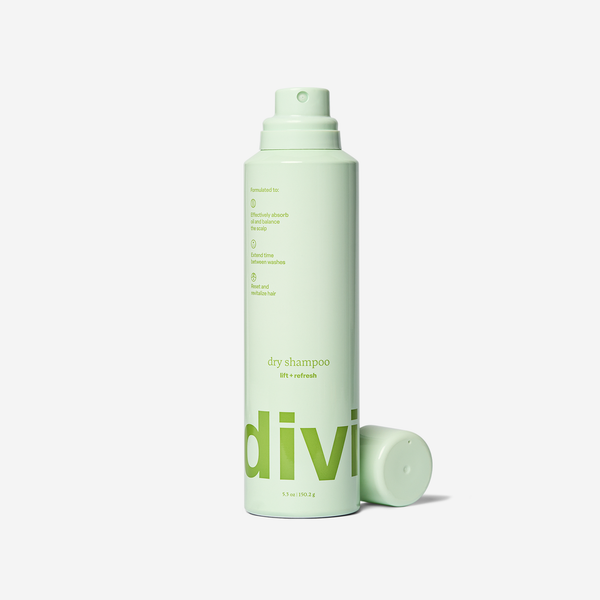

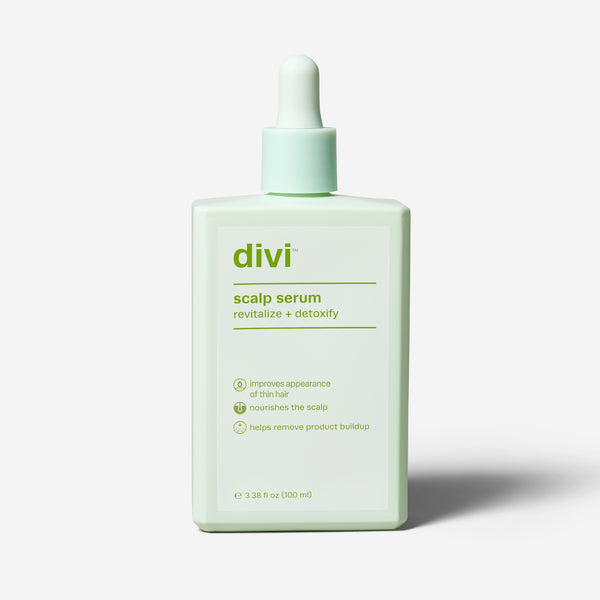

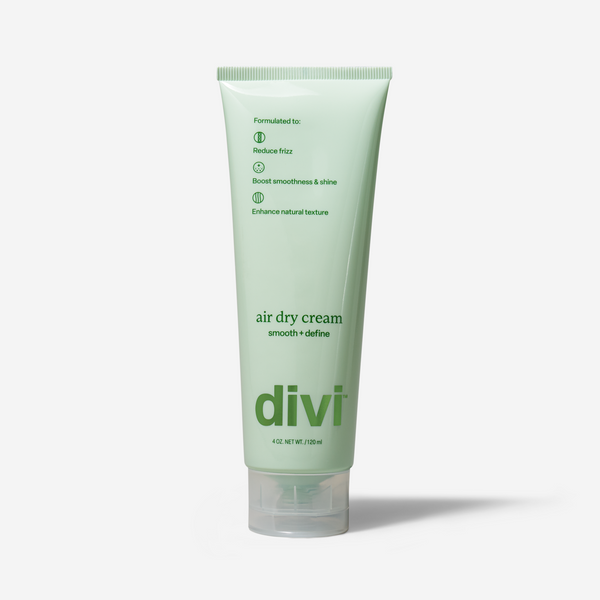
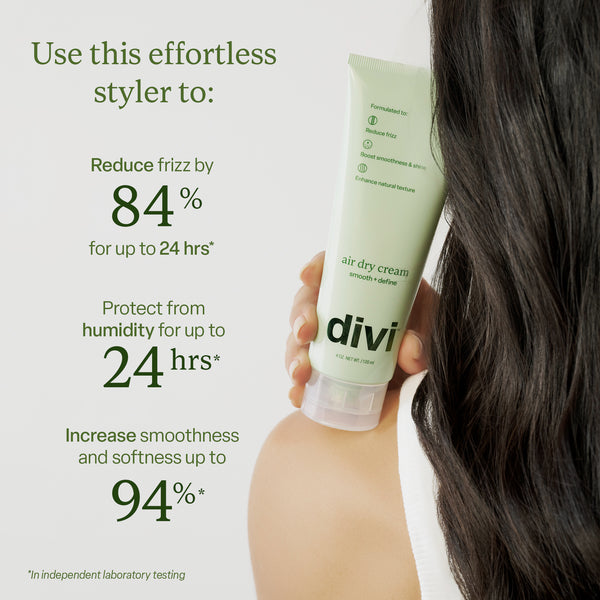
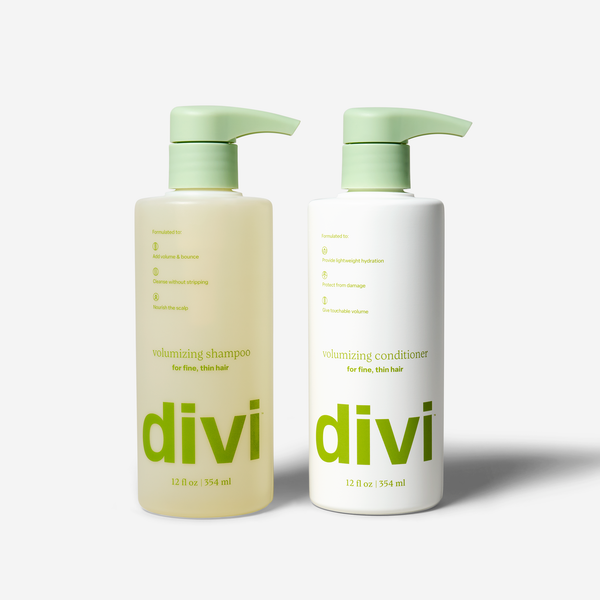

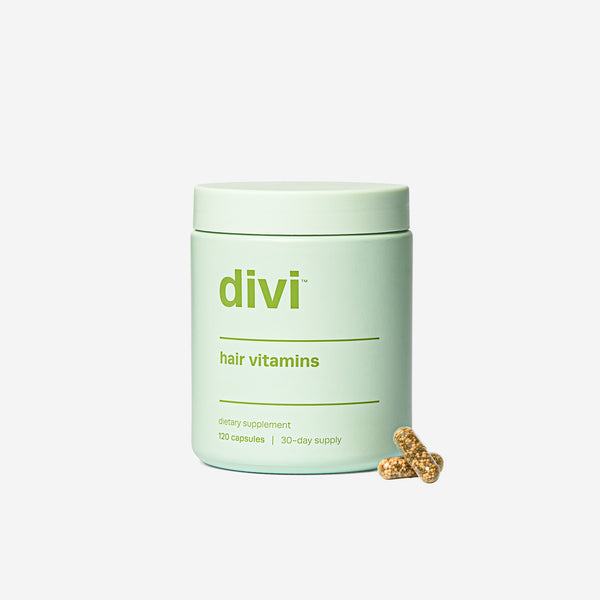
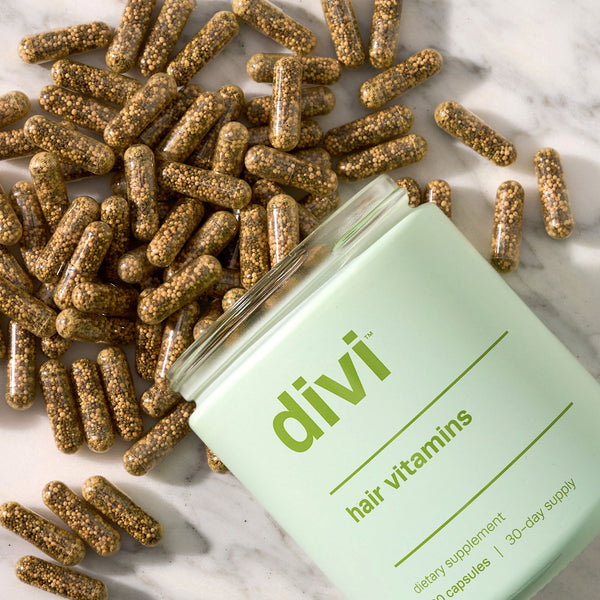
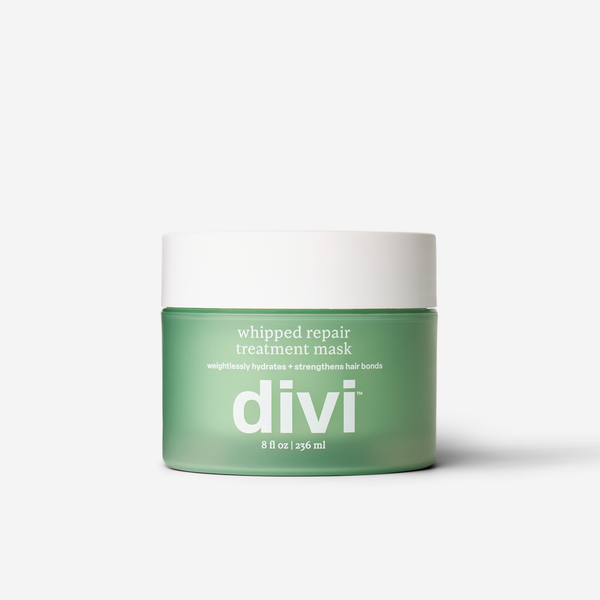
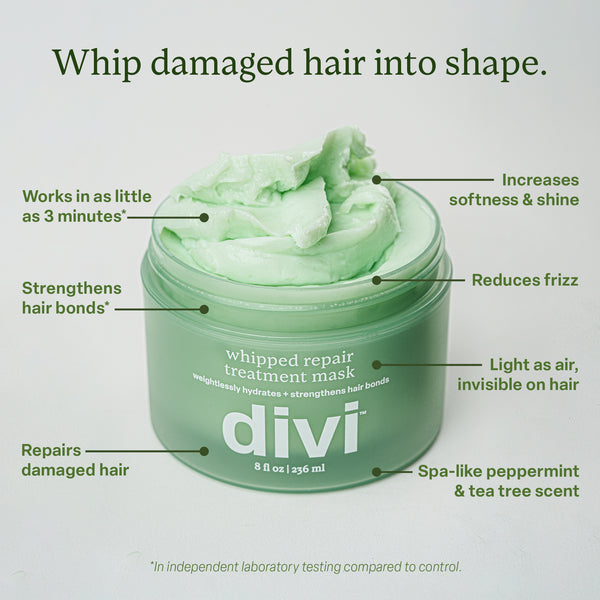
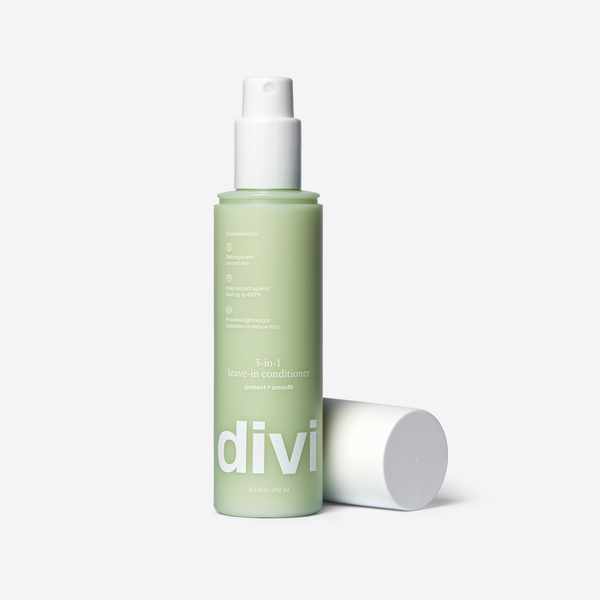



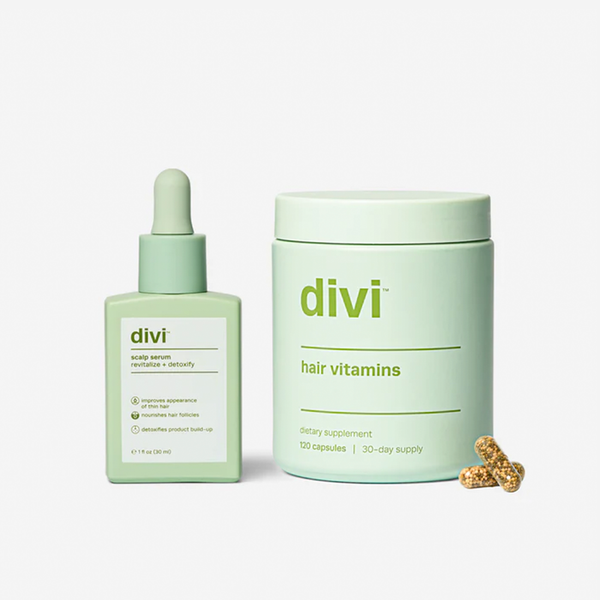
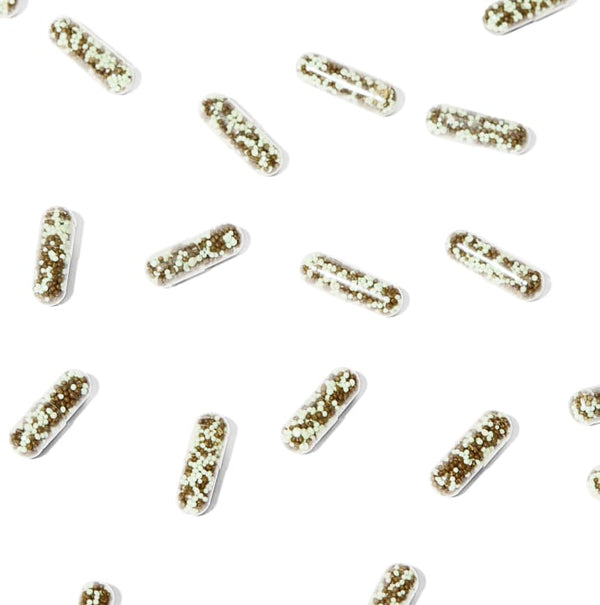
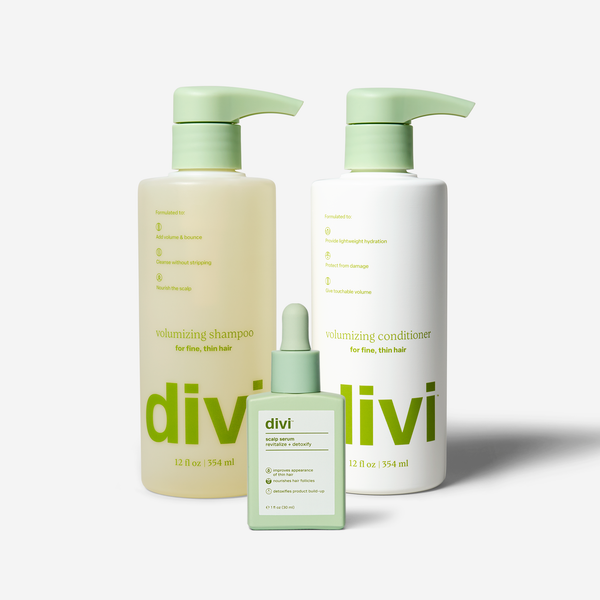
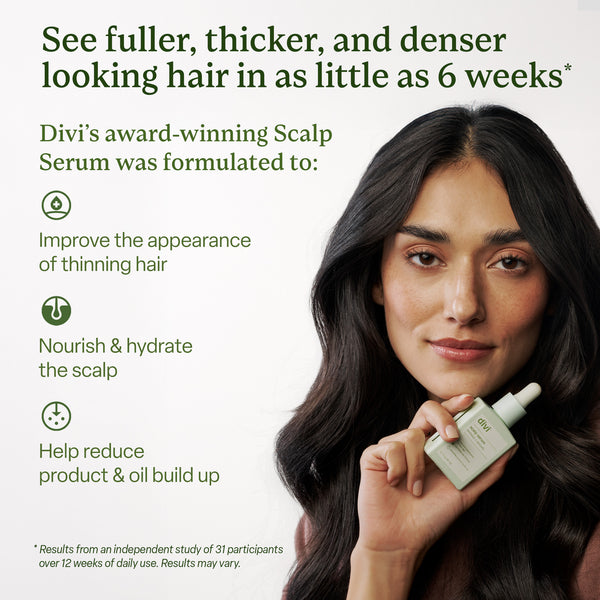











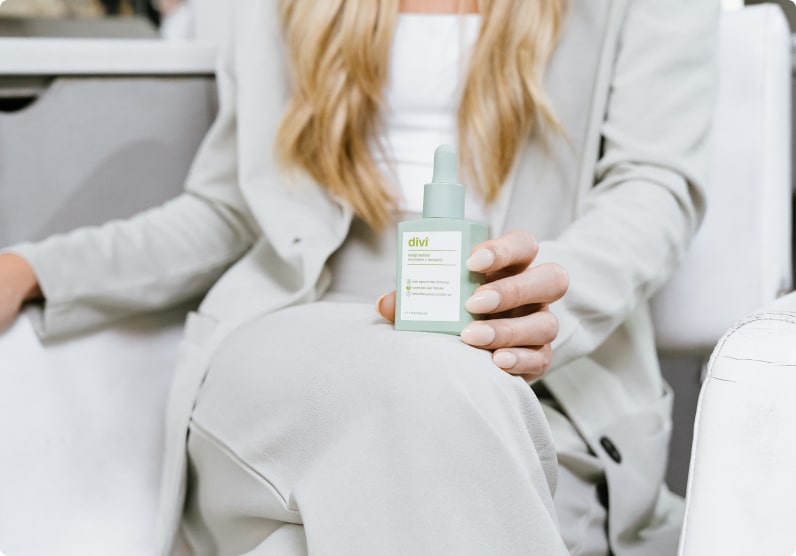






 30ml Scalp Serum
30ml Scalp Serum
 100ml Scalp Serum
100ml Scalp Serum
 Volumizing Shampoo
Volumizing Shampoo
 Hydrating Shampoo
Hydrating Shampoo
 Volumizing Conditioner
Volumizing Conditioner
 Hydrating Conditioner
Hydrating Conditioner
 3-in-1 Leave-In Conditioner
3-in-1 Leave-In Conditioner
 Best Sellers Bundle
Best Sellers Bundle
 Volumizing Starter Bundle
Volumizing Starter Bundle
 Hydrating Starter Bundle
Hydrating Starter Bundle
 The Healthy Hair Bundle
The Healthy Hair Bundle
 Hair Vitamins Trio
Hair Vitamins Trio
 Dry Shampoo
Dry Shampoo
 Hair Vitamins
Hair Vitamins
 Volumizing Shampoo & Conditioner
Volumizing Shampoo & Conditioner
 Travel-Sized Volume Duo
Travel-Sized Volume Duo
 Hydrating Shampoo & Conditioner
Hydrating Shampoo & Conditioner
 Travel-Sized Hydrating Duo
Travel-Sized Hydrating Duo
 Travel-Sized Dry Shampoo
Travel-Sized Dry Shampoo
 Travel-Sized Dry Shampoo Trio
Travel-Sized Dry Shampoo Trio
